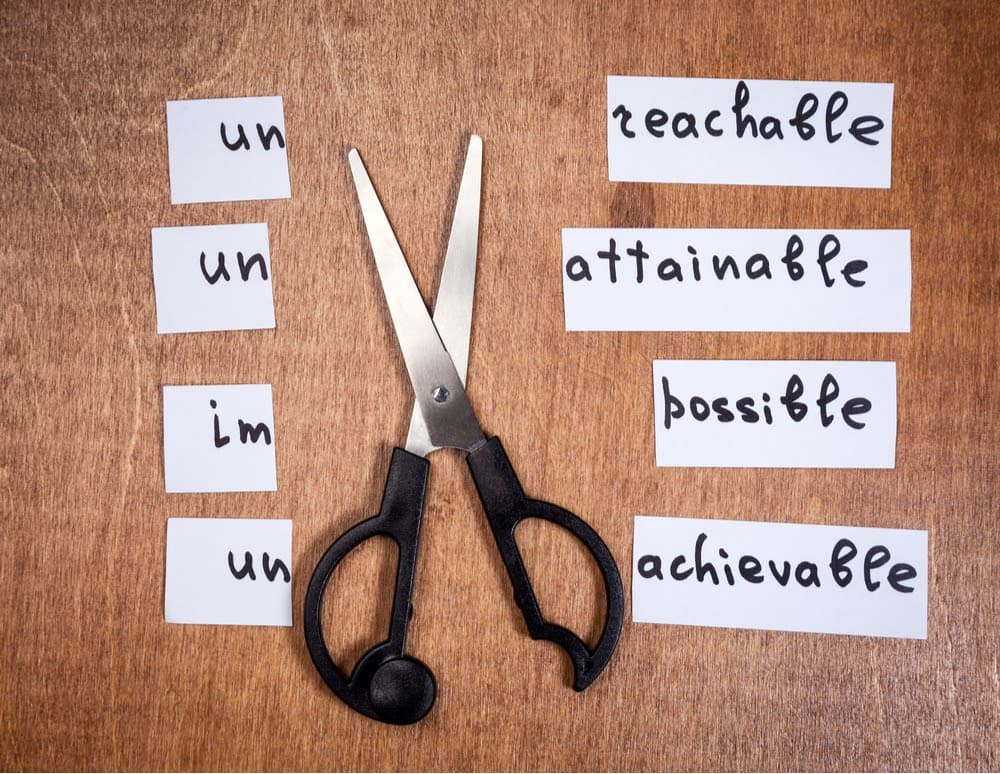Teens are spending more time on their phones and other digital screens every single day on average of 7h 22m and multi-screen media use upwards of 10h 45m. And now with COVID-19 going on, teens may view screen time as one way of coping with various difficult emotions. This article will help you understand just how much screen time teens engage in and tips to help your teen engage in more healthy activities.
Just How Much Time Are Teens Spending on Their Screens?
According to the latest report from Common Sense Media, an organization that studies the use of technology, tweens (children between the ages of 8-12) and teens (13-18) are spending excessive amounts of time on their screens. For example, teens spend an average of 7h 22m on their screens with tweens averaging in at 4h 44m.
You might be thinking: “Well, I don’t think that my teen is spending 7 hours on Snapchat!” And guess what?! Your parental instincts are right!
Teens aren’t just spending time on social media; instead, they’re multitasking. At the same time that they’re sending a snap, they’re also reading an e-book for their literature class at school and watching a YouTube video on the latest trend in gaming. So, this statistic does account for times when screens are being used in healthy ways.
Why You Should Care About Limiting Your Teens Screen Time
Limiting your teenagers from screens is important for a variety of reasons:
- The use of social media apps is associated with higher rates of depression and anxiety among teens.
- Excessive use of screens is associated with higher rates of loneliness amongst younger people. Mark Manson, a writer on mental health and relationships writes in his book Everything is F*cked that screens encourage users to avoid real relationships and connections.
- Excessive use of screens, especially when associated with social media and images, can encourage teens to seek external validation while decreasing their ability to validate themselves internally.
- Excessive use of screens is associated with obesity and is considered a factor in promoting obesity amongst younger age groups.
4 Tips to Engage Your Teen In Activities Outside the Screen
Here are some tips to help you engage your teen in activities outside of the screen.
1.Talk to your teen about the use of screens and the underlying patterns that emerge from their use of screens.
Talking to your teen about why they’re using screens can help you understand where they’re coming from. It can also help you understand how you can help them based on the patterns or themes that emerge. For example, the use of screens might be a teen’s way of coping with uncertainty. A teen may unconsciously feel like with COVID-19 constantly changing things around them, their online image is one thing that they can control. Likewise, another teen may feel that with constant statewide lockdowns, social media offers them a way to distract themselves while maintaining some level of control of things happening in their lives.
2. Model for your teen what it looks like to have a healthy relationship with screens.
If you’re spending hours emailing your coworkers rather than prioritizing family time or self-care, then your teen will follow suit by engaging in more screen time.
3. Encourage your teen to see screen-use as a privilege and not a right.
Have your teen earn screen time. This might be allowing one hour of social media use after a few hours of homework.
4. Create a consistent routine for your teen where values like family-time and self-care are prioritized.
In the book “Fostering Resilient Learners,” the therapist and researcher on childhood trauma and education Kristen Souers suggests that children of all ages value consistency and familiar routines. Offering your teenager time to focus on themselves and their physical and mental health (self-care) and their parents and siblings (family time) helps them understand that their relationship with themselves and others can also blossom outside of screens.
You Have More of An Influence Than You Think
In the end, you have more of an impact on your teen than you think. Encouraging things like self-care, family time and having your teen reflect on why they’re using social media are just some of the many ways that you can help your teen.












0 Comments